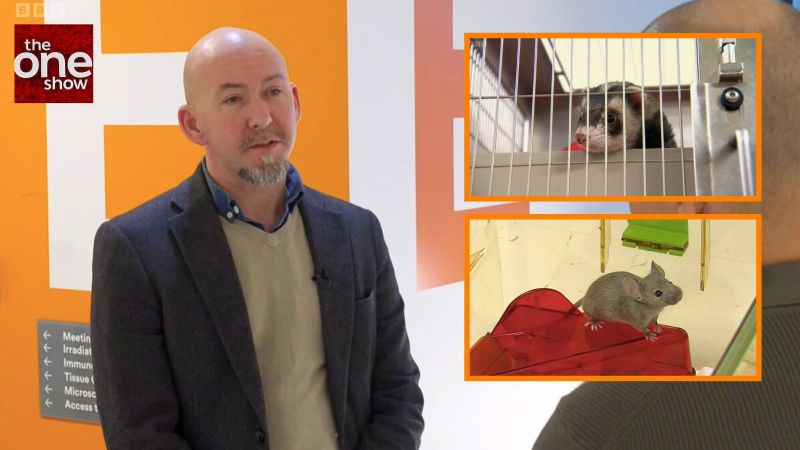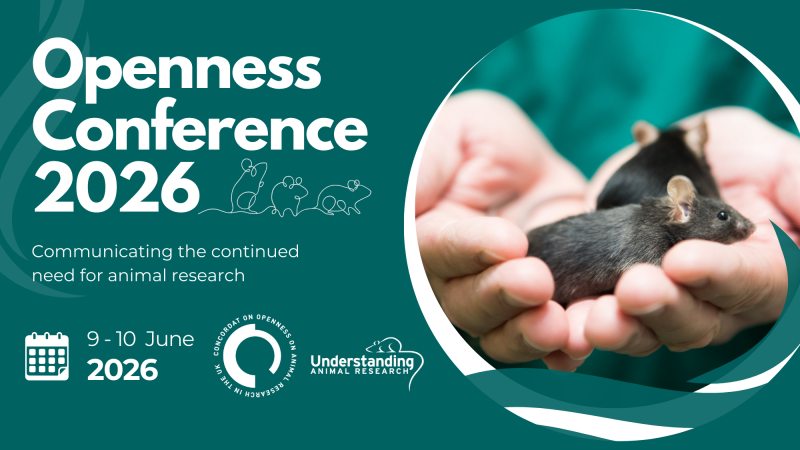
In 1971 Richard Nixon called for a concerted effort to find a cure for cancer, over 40 years on and this goal remains elusive, however, much of the perceived failure to find a cure lies in the very meaning of the word cure itself.
Cancer kills around 160,000 people in the UK each year; it is rare to find someone who hasn’t had it affect themselves or a family member at some point in their lives. What people don’t realise is the complexity, mechanics and diversity of the disease.
A common narrative for the modern media is reporting on the medical industry’s research into a potential cure for cancer, this sells papers but could be fuelling public misunderstanding on the diverse range of diseases we call cancer.
There are over 100 types of known cancers – effectively 100 different diseases - that all behave differently and what we currently have is an arsenal of specific tailored treatments including drugs, radiotherapy, surgery, hormone therapy, laser treatment and bone and stem cell transplants to name a few.
Thanks to these treatments medical science is now at the point where as many people survive cancer for 10 years as die from it – a massive improvement from 75 % mortality rates 40 years ago and as always research using animals remains to be an integral part of this life saving progress.
However, these methods are treatments not cures and this is an important distinction to make and labelling treatments as cures may be detrimental to public support and funding of research in the long term.
The word treatment was first recorded in 1560 and is taken to mean “the application of medicines, surgery, psychotherapy, etc, to a patient or to a disease or symptom”.
Whereas the word cure has been around since 1250 and holds the official definition of “a method of restoring an individual’s health”.
So if an individual has been diagnosed with lung cancer and undergoes the relevant treatment and survives you could argue that they have been cured. However, they will always have a greatly heightened risk of the disease returning so it’s not a cure in the true definition of the word. The HPV vaccine which protects against a virus that causes cancer may also be described as a cure but it is a preventative method so again it does not fit the dictionary meaning. You may think that I am being pedantic here but it is important that the correct terminology is employed when communicating science to the public.
What is perhaps even more troubling is that the public seem to have generated their own definition of the word cure that holds an almost magical essence to it. The perceived public definition seems to be that a cure is some kind of wonder substance that will end cancer forever; this is reinforced by the media's irresponsible reporting of medical research and Holly wood turning the search for a cure into a pop culture reference.
While KFC should be commended for this cancer research campaign their terminology is indicative to the problem at hand.
The oversimplified and unrealistic public perception of the word cure may create frustration and mistrust in the general public at the medical research community’s failure to find a cure to what could be argued as the biggest plague of modern western mankind. This mistrust creates a breeding ground for elaborate conspiracy theories and infective pseudoscientific “cures” such as homeopathy which even the innovative CEO of apple Steve Jobs was tragically duped by.
The medical industry needs to be proactive in educating the public on how diseases work and take a careful and responsible approach to reporting developments and generating funding. Cancer Research UKs rebrand from “together we can find a cure” to “together we can beat cancer” is a step in the right direction.
For more information on cancer treatments please click here.
Last edited: 5 April 2022 13:50



